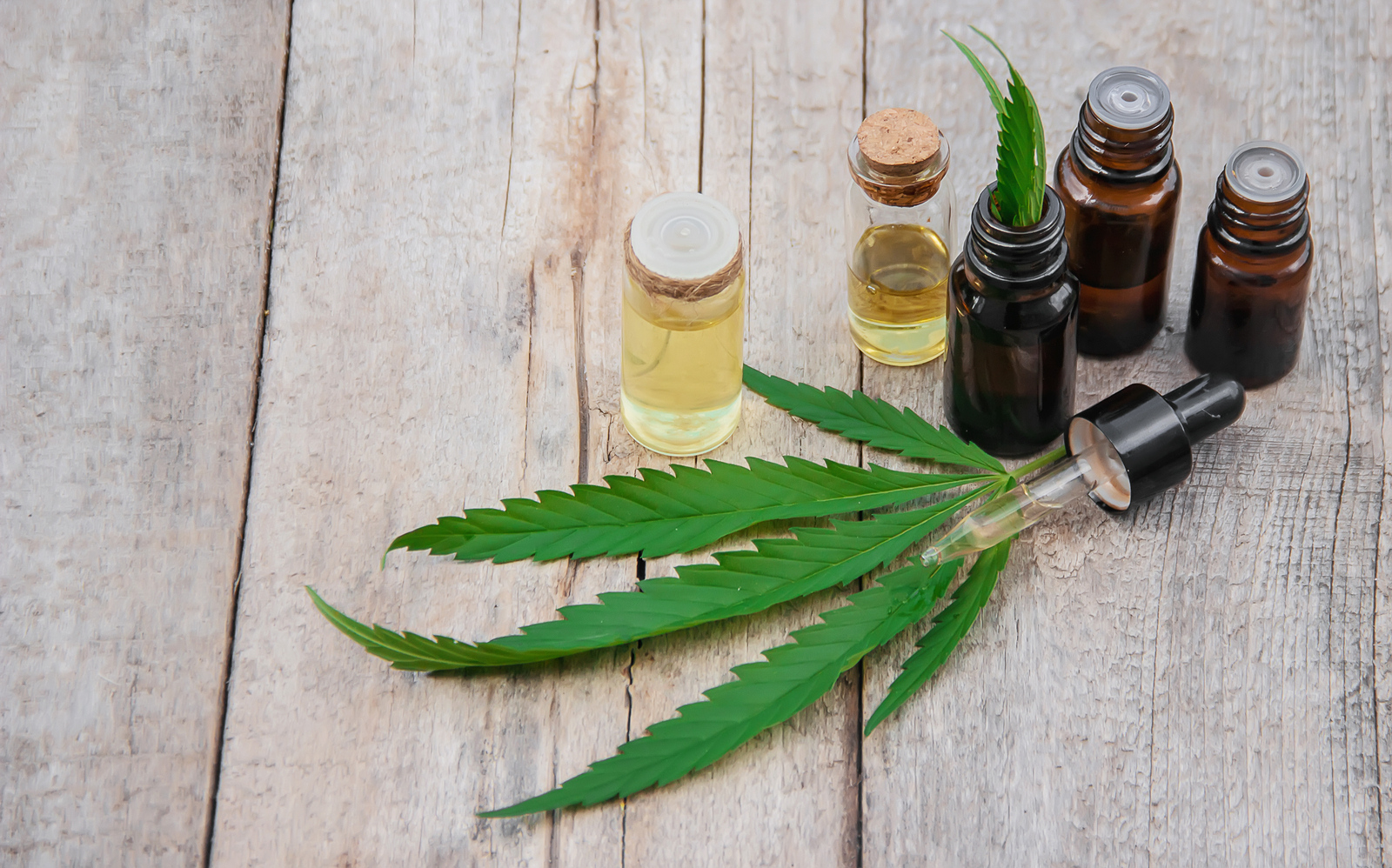According to the European Monitoring Centre for Drugs and Drug Addiction.
On 30 May 2019, Italy’s highest court, the Court of Cassation, published a note of information on the legality of selling low-THC cannabis. This followed attempts to prosecute entrepreneurs who were openly selling cannabis flower and other extracts. The products were marketed in a way to avoid the attention of law enforcement by using labels such as ‘collectors item’ or ‘not for consumption’. The sellers claimed that these cannabis products contained less than 0.2 % THC (the main psychoactive chemical in cannabis) and therefore were not controlled under the narcotics law. The Italian Law 242 of 2016 states that cultivation of certain varieties of hemp plants containing less than 0.2 % THC is permitted without any licence, and the plants could be used to produce various specified products including food and cosmetics. The court’s note of information stated that ‘the marketing of Cannabis sativa L. and, in particular, of leaves, inflorescences [flowers], oil, resin, obtained from the cultivation of the aforementioned hemp variety, does not fall within the scope of application of Law 242 of 2016’, which exhaustively lists the products that may be marketed. Therefore, sale and marketing to the public of products derived from cannabis is an offence under the Italian drug control law ‘unless the products are in practice devoid of narcotic effects’ (‘privi di efficacia drogante’). It is not yet known how this last phrase will be interpreted.
On 18 June 2019, the Supreme Court of Sweden ruled on a case involving possession of ‘CBD oil’ extracted from industrial hemp. Under Swedish law industrial hemp, defined as any variety of cannabis eligible for EU support, is exempt from the narcotic control laws. However, the oil contained THC (the concentration was not determined). THC and preparations containing it are covered by the narcotic control laws. The offender was charged with a minor case of possession of a controlled drug (a preparation of THC). The court ruled that, while industrial hemp is exempted from coverage, preparations made from it that contain THC are not exempted, and are therefore included in narcotic control laws.
Click here to view article.






